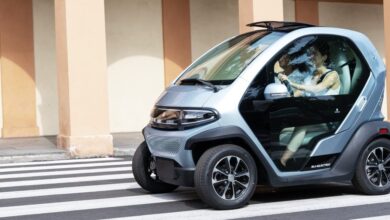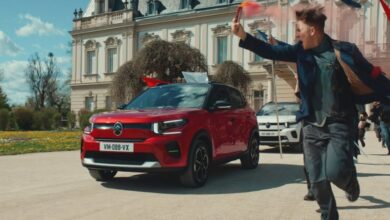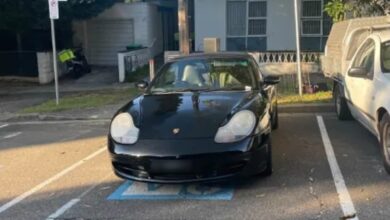Detail spotted on taxi shows new reality on Aussie roads
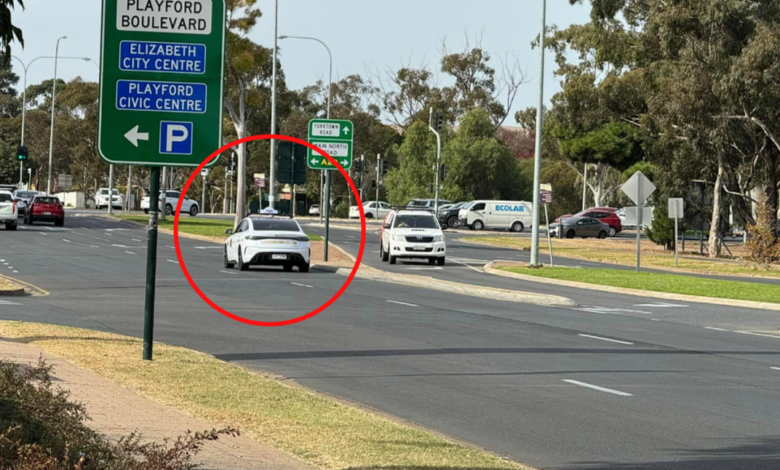
A subtle but fascinating detail spotted on a taxi in one Aussie state reflects the new reality on our roads, a motoring expert has predicted. But many of us are likely driving around completely oblivious to it.
With electric vehicles becoming more popular with Australian drivers by the day, it’s only natural that they too would increase in prevalence among ride share cars. While notably popular among Uber drivers, an eagle-eyed motorist has spotted a taxi from a rapidly-growing Chinese maker of EVs.
The latest data from the Electric Vehicle Council (EVC) released earlier this year busted the “myth” that EVs are only popular among wealthy inner-city residents, with the research revealing the biggest increase in orders for electric vehicles last year in Australia actually came from outer-suburban areas.
Elon Musk’s Tesla and Chinese-owned Build Your Dream (BYD) account for three-quarters of all EV sales in the country, with the latter even overtaking Tesla in January as the nation’s best-selling electric vehicle for that month.
Electric taxi stuns local motorist – but this is just the beginning
Yesterday, a driver in South Australia shared images online of BYD taxi in Adelaide.
“Never thought I’d see the day — a BYD Seal used as a taxi,” the surprised man wrote beside the images. But according to motoring expert Trevor Long, “many or most taxis are already hybrids”.
“To go full EV is a great move for emissions,” he told Yahoo News Australia, adding it is “also great for [reducing] running costs for those drivers”.
“Their only challenge is charging if it’s a busy day.”
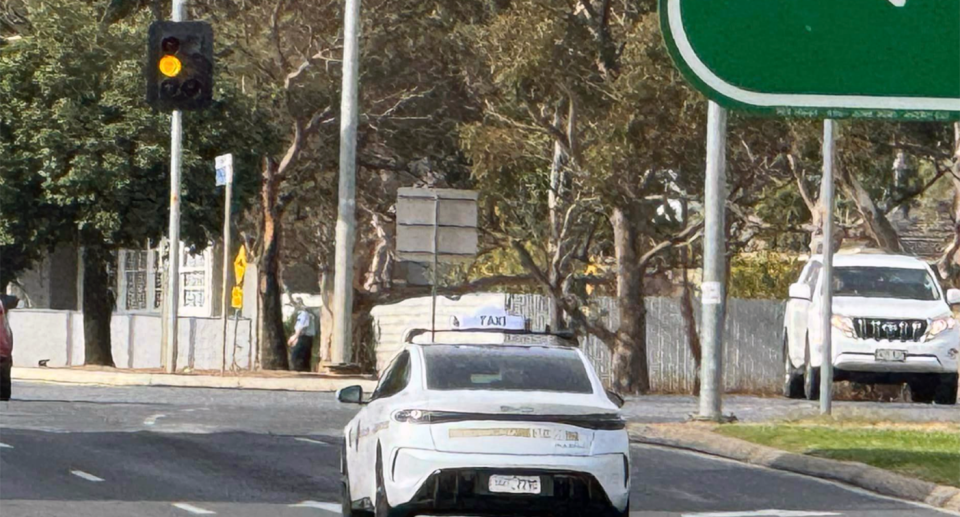
Tesla has undeniably been the global market leader but is facing stiffer competition in Australia now.
“Tesla undoubtedly created the market for EVS globally”, Long said. But BYD “has been slowly chipping away.
“BYD doesn’t actually outsell Tesla here,” Long explained. “There may have been one month where they did, but Tesla shipments come in waves, so they can have HUGE sales in one month and very little for a month or so later.
“However BYD is a clear number two in Australia, and with three models available now, and at least two more announced for 2025, BYD is likely to be a top 10 car brand in Australia very soon.”
Have your say
EV popularity comes with ‘huge, huge problem’
Long said he expects the uptick in EV sales to continue, and increase in popularity among ride share cars in particular. Though he pointed to a lack of accessible chargers as a major hurdle.
The matter has been the subject of intense debate in recent months between electric vehicle owners and regular motorists and continues to result in rows — and long queues — between drivers fighting for spots in busy areas.
“I own two EVs and it’s mainly because they are great to drive and are lower in cost to run, but over time the prices will come down more, there will be more cars and more people will choose EV — though it won’t be as fast as many EV lovers might hope,” he said.
“Charging is a huge, huge problem for Australia. It needs more than government grants, it needs a company, or person willing to invest huge money into a network to rival our traditional ‘servos’ but one that will take 20 years to pay a dividend.
“That’s too long for current-day business, sadly, it will be a missed opportunity.”
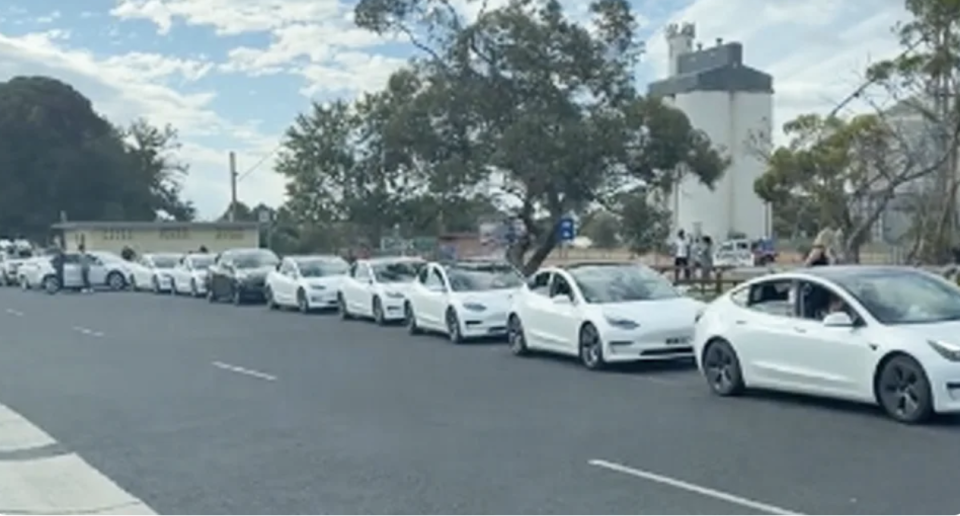

Government responds to EV demand
In response to demand, the federal government has announced it’ll double the number of electric vehicle charging stations over the next year, with nearly 100 new fast-charging sites already added to the network since the start of 2024.
New data from the federal energy department shows that Australia is approaching a total of 900 DC fast-charging sites, marking a 90 per cent increase compared to two years ago.
It came as the Albanese government unveiled its updated fuel efficiency standards to parliament this week, in a bid to incentivise carmakers to import cleaner cars into Australia. Currently, there are about 3,000 regular EV charging stations nationwide, and 7,000 individual plugs and sockets.
Do you have a story tip? Email: newsroomau@yahoonews.com.
You can also follow us on Facebook, Instagram, TikTok, Twitter and YouTube.


Do you have a story tip? Email: newsroomau@yahoonews.com.
You can also follow us on Facebook, Instagram, TikTok, Twitter and YouTube.

